Latest News
Exclusive Altenar interview: The latest on the Spanish market
The Spanish market is one of the most exciting in Europe. With the likes of mobile sports betting on the rise to take on the dominance of retail, we spoke with Alejandro Cazorla, Sales Manager at Altenar, about the current situation in the region and what he thinks players will be drawn to over the next 12 months.
Altenar has really made a name for itself as one of the Spanish market’s fastest growing tier one sportsbook suppliers – can you talk us through your 2022 success and your major partnerships?
It’s truly amazing. We have great trust in our product delivering the desirable content, features and technologies to any given market space. Spain’s landscape is growing increasingly competitive in nature, and we’re finding that our high levels of customisation and a drive to continuously improve our technologies has been key to our 2022 success and hopefully the cornerstone for plenty more achievements to come.
We have partnered with some major players in Spain’s betting market such as Casino Gran Madrid, Jokerbet, and Paston, and from their players and their expertise we’re able to implement the required changes or customisations to better service their sportsbook needs.
What do you believe has been key to making Altenar’s sportsbook standout to prospective Spanish partners? How much do you tailor your tech and UX to suit local players?
We have a truly 360-degree operating system, with the ability to compile reports for a host of needs, as well as extensive must-have content, multiple industry-leading official data providers, and the ability to handle large and increasingly complex data sets from 1000s of bets placed around the world at every minute of the day.
From our growing banks of data, we’re able to better tailor our sportsbook features, content, and backend essentials. Whilst we implement new technologies into our UX, such as widget technology, our operators can ensure brand diversification in a competitive market, making sure they truly standout.
How much do you see Spanish players being unique in terms of betting habits? Is retail still proving to be as popular as it was pre-pandemic?
Over time, we’re seeing a significant increase in Spain into mobile and online betting, as opposed to retail, however at present retail is still the favoured pastime for Spain, so it still remains the dominant channel. I expect mobile and online betting to continue to prove increasingly popular over the next 12 months, so it will be interesting to see where the land lies with this at the start of 2024.
Last but not least, looking at your extensive experience in Spain, what are your predictions for the market in the year ahead? How much do you see the sports betting market evolving and growing?
I predict that we’ll see a lot of change, with more players arriving at the realisation that betting can be a fun form of entertainment.
We will also see global sports events back in full-swing and the start of the new football seasons in August and September will see a sharp rise in bets placed. Finally, as I touched on before, I expect to see a greater adoption of mobile betting which could see increased usage for Spain. Overall, I think the Spanish market is in for an exciting 12 months.

Latest News
NetBet Partners with Fight Disciples
NetBet, a leading online gaming platform, has announced an exciting new partnership with world-renowned boxing & MMA podcast the Fight Disciples, co-hosted by award-winning broadcasters Adam Catterall and Nick Peet.
The partnership will span some of the UFC’s biggest events, including Max Holloway vs. Dustin Poirier at UFC 318, as well as major upcoming boxing bouts.
This partnership builds on NetBet’s recent announcement as the official betting partner of the UFC in the UK and other parts of Europe. It will play a key role in boosting visibility for NetBet’s popular UFC Predictor Game. As part of the collaboration, NetBet branding will feature across all Fight Disciples UFC content, including behind-the-scenes access and exclusive fighter interviews.
Part of this deal will also see the Fight Disciples and NetBet team up to provide all-encompassing coverage for three huge upcoming boxing fights; Oleksandr Usyk vs Daniel Dubois, Katie Taylor vs Amanda Serrano and Saul ‘Canelo’ Alvarez vs Terrance Crawford.
Adam Catterall, co-host of the Fight Disciples Podcast, said: “We’ve always prided ourselves on being the voice of the fight fan, so teaming up with NetBet – the official sportsbook and betting partner of the UFC – is a massive moment for us. This partnership gives us the opportunity to get even closer to the action and, more importantly, bring our audience along with us. Whether it’s behind-the-scenes insight, exclusive content, or on-the-ground access at the biggest events, it’s all about delivering that front-row feeling to our listeners.”
Tristan Wootton, Head of UK at NetBet added: “With NetBet making huge waves in the world of fight sports, this partnership with the Fight Disciples represents another exciting opportunity with regard to brand development. We feel confident that our players will enjoy the engaging content produced from this partnership, with so many brilliant UFC and boxing shows just on the horizon!”
The post NetBet Partners with Fight Disciples appeared first on European Gaming Industry News.
Latest News
Soft2Bet’s brand Don.ro Becomes Main Sponsor of CFR Cluj in Multi-Year Agreement
Soft2Bet continues its strategic expansion in Romania through its rapidly growing online entertainment brand, Don.ro, which has entered a multi-year agreement as the main sponsor of CFR 1907 Cluj, one of Romania’s leading football clubs.
Beginning with the 2025-26 Liga 1 season, leading Romanian brand Don.ro’s logo will feature prominently on CFR Cluj’s home and away kits, training gear, and throughout the “Dr. Constantin Rădulescu” stadium. The partnership with CFR Cluj also includes a slate of live and digital activations powered by Soft2Bet’s innovative platform, designed to deepen fan engagement.
“We are excited to announce our partnership with Don.ro, a Romanian brand that shares our values of performance, professionalism, and the desire to build something lasting. The fact that Don.ro is becoming the main partner of our club is both a validation of the work we do every day and an important step in strengthening CFR Cluj’s image both nationally and internationally.
We are pleased to have a dynamic partner by our side, one with a modern vision who believes in the power of sport to inspire and bring people together. Moreover, Don.ro has chosen to offer each season ticket holder this season an official jersey — a gesture of appreciation for the passion and loyalty with which they support us.” — Cristian Balaj, CFR Cluj President.
The partnership between Soft2Bet and CFR Cluj brings together Don.ro’s award-winning online gaming brand and a club with a rich history of success, including eight league titles, four Romanian Cups, and four Super Cups. Both sides are driven by a commitment to high performance, bold ambition, and fresh ideas, which makes this collaboration especially well-aligned.
“We are honored to join the CFR Cluj family, a symbol of excellence in Romanian football. This partnership reflects the shared values that bring us together — performance, responsibility, and respect for the community.
At Don.ro, we are committed to promoting a safe and balanced entertainment environment, and through our collaboration with CFR Cluj, we aim to deliver a strong message about the importance of responsible play, both on and off the field.” — Marius Mirasovici, Official representative of Don.ro brand
The partnership is designed to deliver real value to Don.ro’s players and the wider local community. With Soft2Bet’s backing, Don.ro will launch a range of activations tailored to Romanian audiences, such as exclusive match-day experiences, localised campaigns, community events, and responsible gaming initiatives, bringing fans closer to the action and rewarding their loyalty in meaningful ways.
Oksana Tsyhankova, Chief Marketing Officer at Soft2Bet, highlighted: “At Soft2Bet, we excel in building powerful and award-winning brands that forge deep connections with players through localised experiences. Don.ro’s partnership with CFR Cluj embodies this vision,combining a top-performing club with our drive for tailored gamified experiences, product excellence, and a passion for performance.”
Launched in 2024 and recognised as “Best Launch of the Year” at the 12th Meeting of Gambling Professionals, Don.ro delivers over 3,484 casino games, a full live-dealer lineup, and a complete sportsbook. The platform runs on Soft2Bet’s proprietary MEGA (Motivational Engineering Gaming Application) technology, which enhances player engagement through mission-based features and in-game challenges.
The post Soft2Bet’s brand Don.ro Becomes Main Sponsor of CFR Cluj in Multi-Year Agreement appeared first on European Gaming Industry News.
Latest News
Week 27/2025 slot games releases
Here are this weeks latest slots releases compiled by European Gaming
PG Soft has served up a classic slot with its Diner Frenzy Spins. This is a 5-reel, 4-rows video slot featuring connecting ways and sticky symbol respins. Diner Frenzy Spins is set within a vibrant, retro-futuristic diner with a buzzy atmosphere thanks to a playful soundtrack. During any spin, the Mystery Respin may be randomly triggered while the reels are spinning.
ELA Games calls back to a classic yet luxurious gaming experience with its new title, Juicy Crystal. The game offers a unique and modern twist on the beloved and familiar fruit machine format, featuring timeless symbols and rich visuals. The studio’s trademark attention to detail and quality delivers a game that’s exciting, memorable and elegant.
Amusnet presents its newest Online Casino portfolio expansion – a royal-themed slot filled with exciting bonus features. The release adds to the fun of the player-favourite Extra Crown game series, this time with six reels and 100 paylines, top-notch graphics and a vibrant soundtrack. A total of 11 symbols are scattered across the now six reels and 40 fixed paylines, along with some special features that make the gameplay more engaging and fun.
Play’n GO illuminate their classic Moon Princess universe once more with Moon Princess Stargazing, a grid slot set among icy stars and rising multipliers. Set beyond Neptune in the icy reaches of the Kuiper Belt, Moon Princess Stargazing marks a radiant new chapter in one of Play’n GO’s most celebrated series. Players reunite with Star, Nova and Astra – the celestial trio whose powers help forge constellation connections and unlock sky-high wins.
Step into the golden sands of Ancient Egypt with Ra’s Relics Bonanza, a thrilling 6×5 cascading slot adventure from Booming Games! Land 8 or more matching symbols anywhere on the reels to secure a win, as winning symbols vanish and new ones tumble down, unlocking endless chances for treasure. Keep an eye on the Divine Scarab, collecting scatter symbols throughout the base game and triggering Free Spins at any moment.
The post Week 27/2025 slot games releases appeared first on European Gaming Industry News.
-

 Latest News3 months ago
Latest News3 months agoExclusive Q&A With Bar Konson, Chief Business Development Officer at NuxGame
-

 Latest News2 months ago
Latest News2 months agoWeek 17/2025 slot games releases
-

 Latest News2 months ago
Latest News2 months agoFortuna Partners with 2025 UEFA Under-21 EURO
-
Latest News3 months ago
Esports World Cup Foundation Confirms Full Game Lineup, Schedule, and Club Championship Rules for EWC 2025
-

 Latest News2 months ago
Latest News2 months agoELA Games Receives Key Nomination at EGR Marketing & Innovation Awards
-
Latest News3 months ago
ACR POKER’S NEXT HIGH STAKES ADVENTURE TAKES PLAYERS TO MONTENEGRO FOR PRESTIGIOUS SUPER HIGH ROLLER SERIES
-
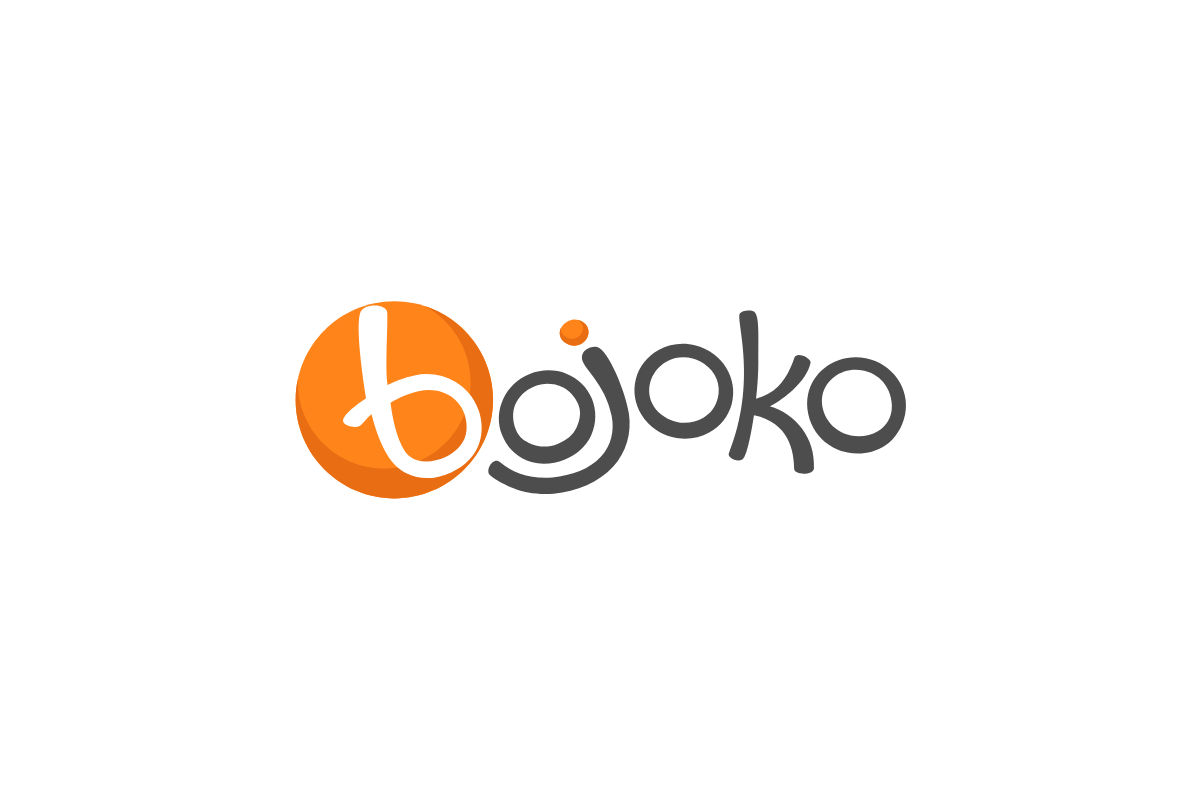
 Latest News2 months ago
Latest News2 months agoBojoko.com Surpasses €100 Million in All-Time Deposits Milestone
-

 Latest News2 months ago
Latest News2 months agoLeoVegas Group to Open a New Office in Leeds




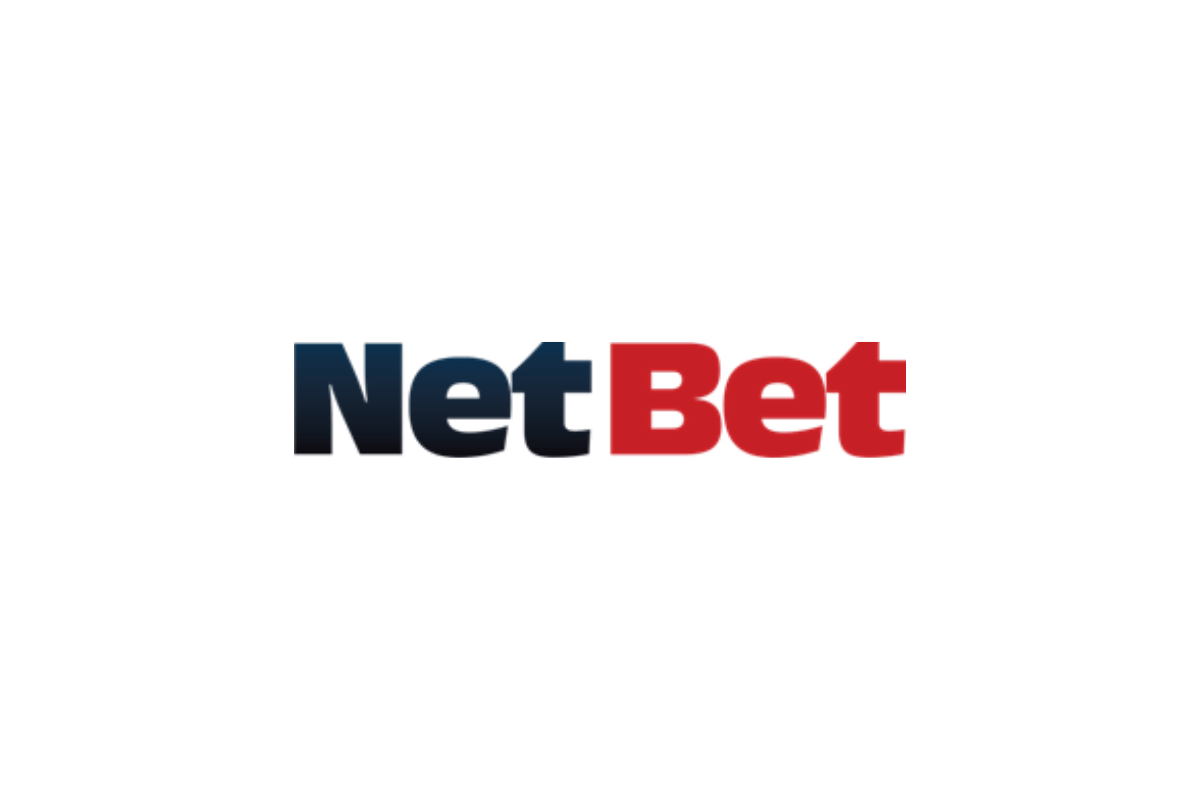




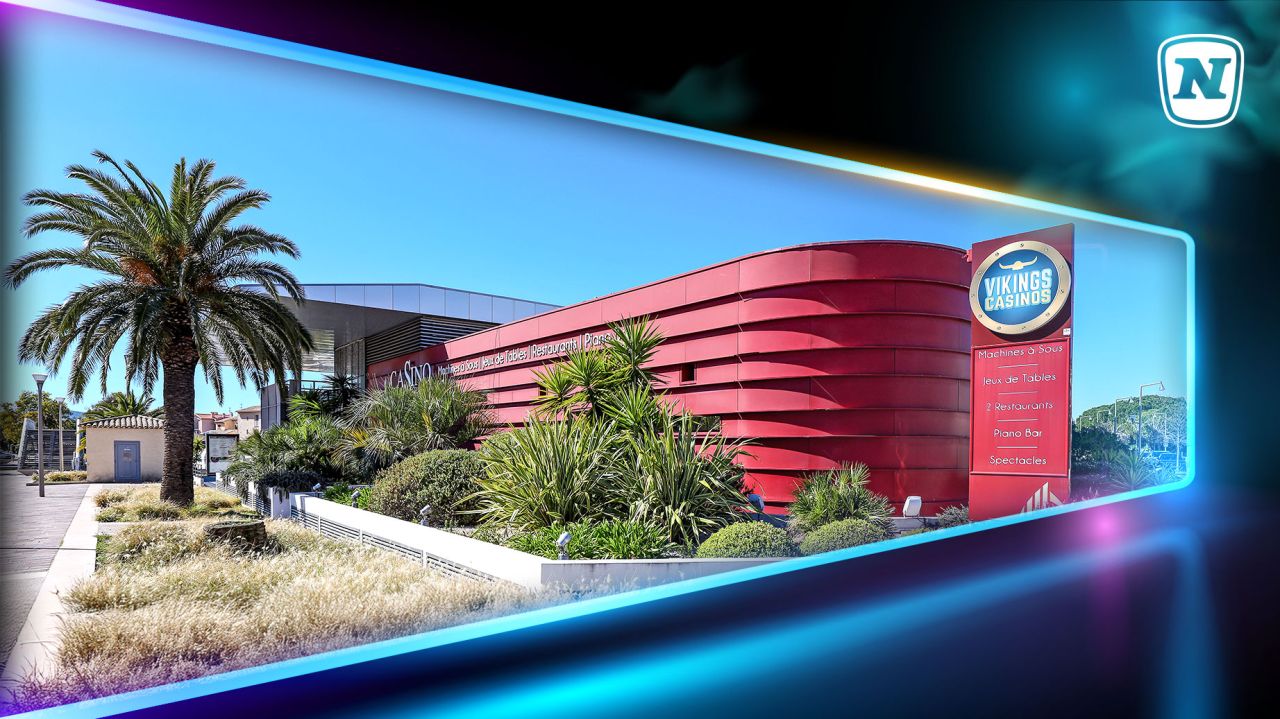
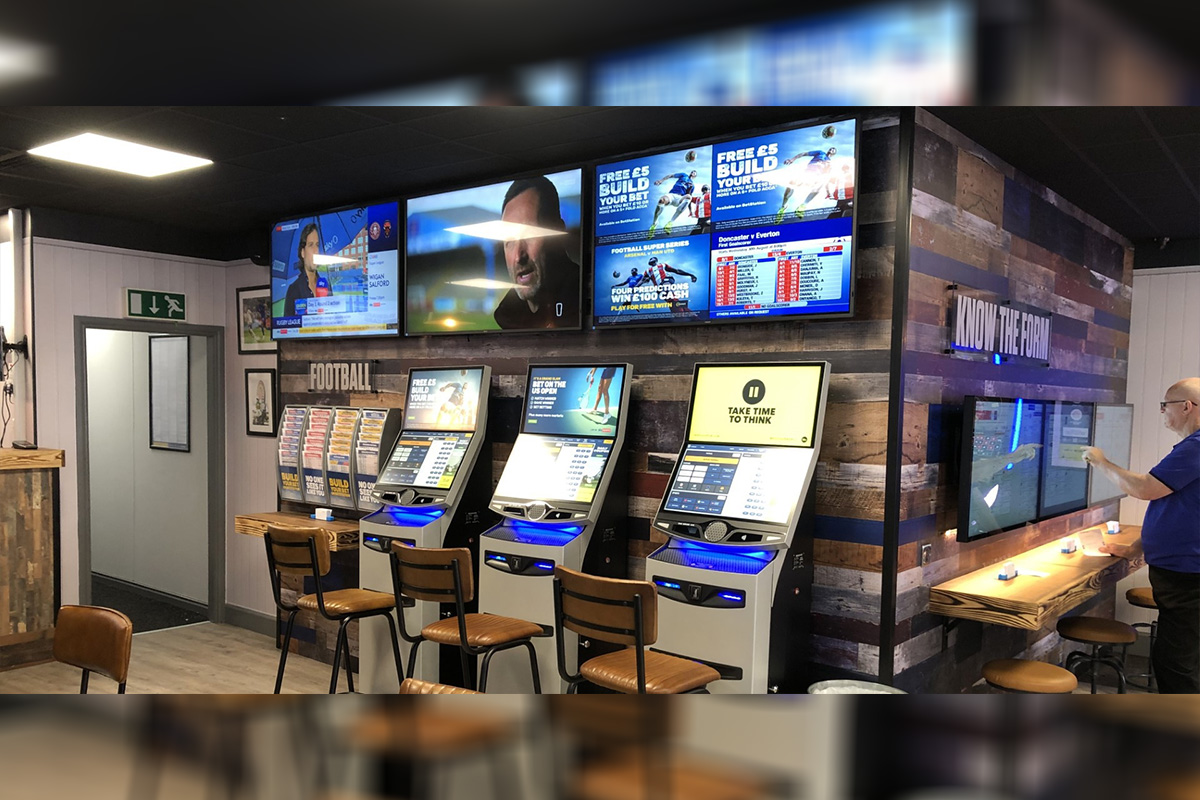
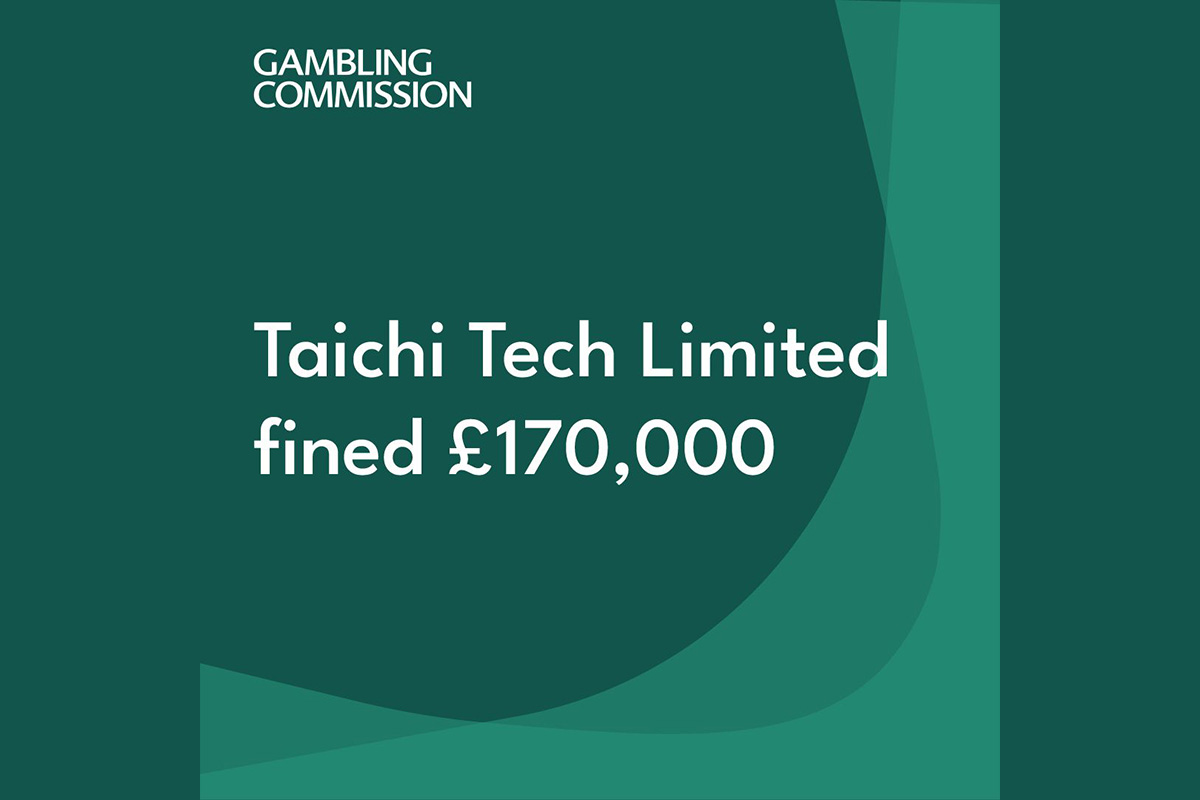
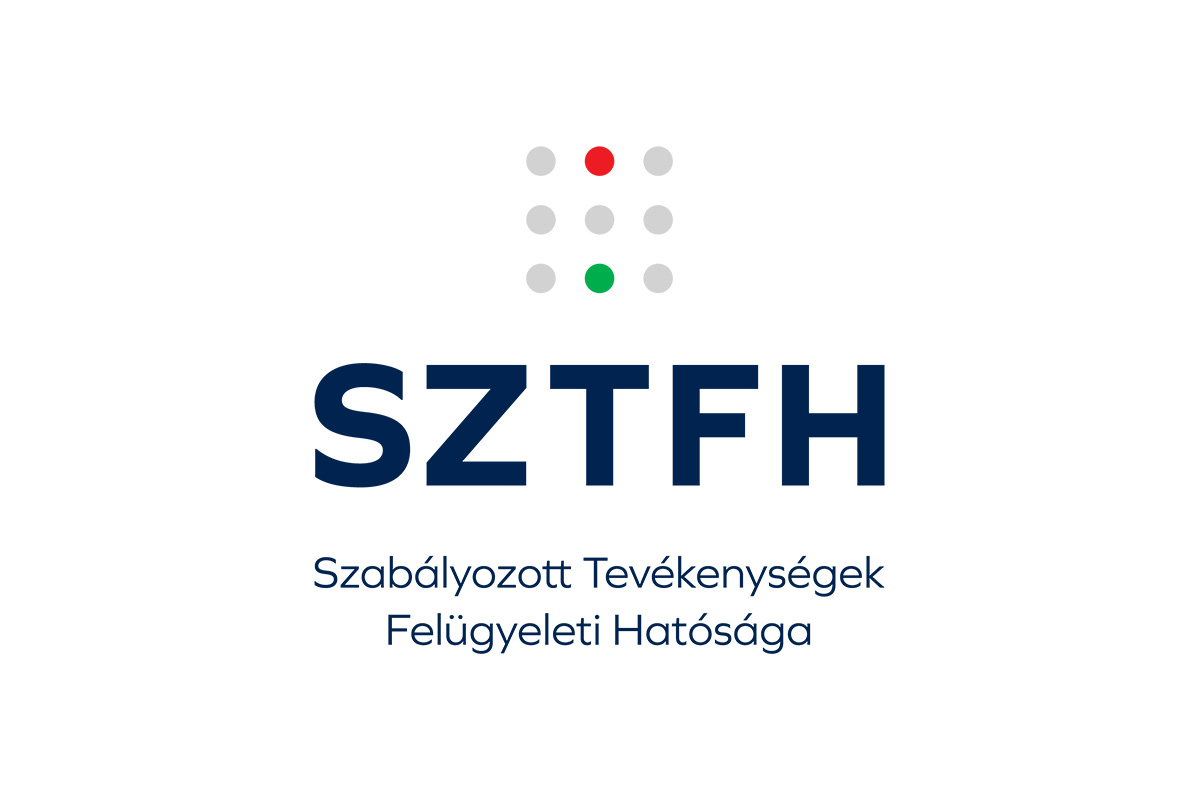

You must be logged in to post a comment Login